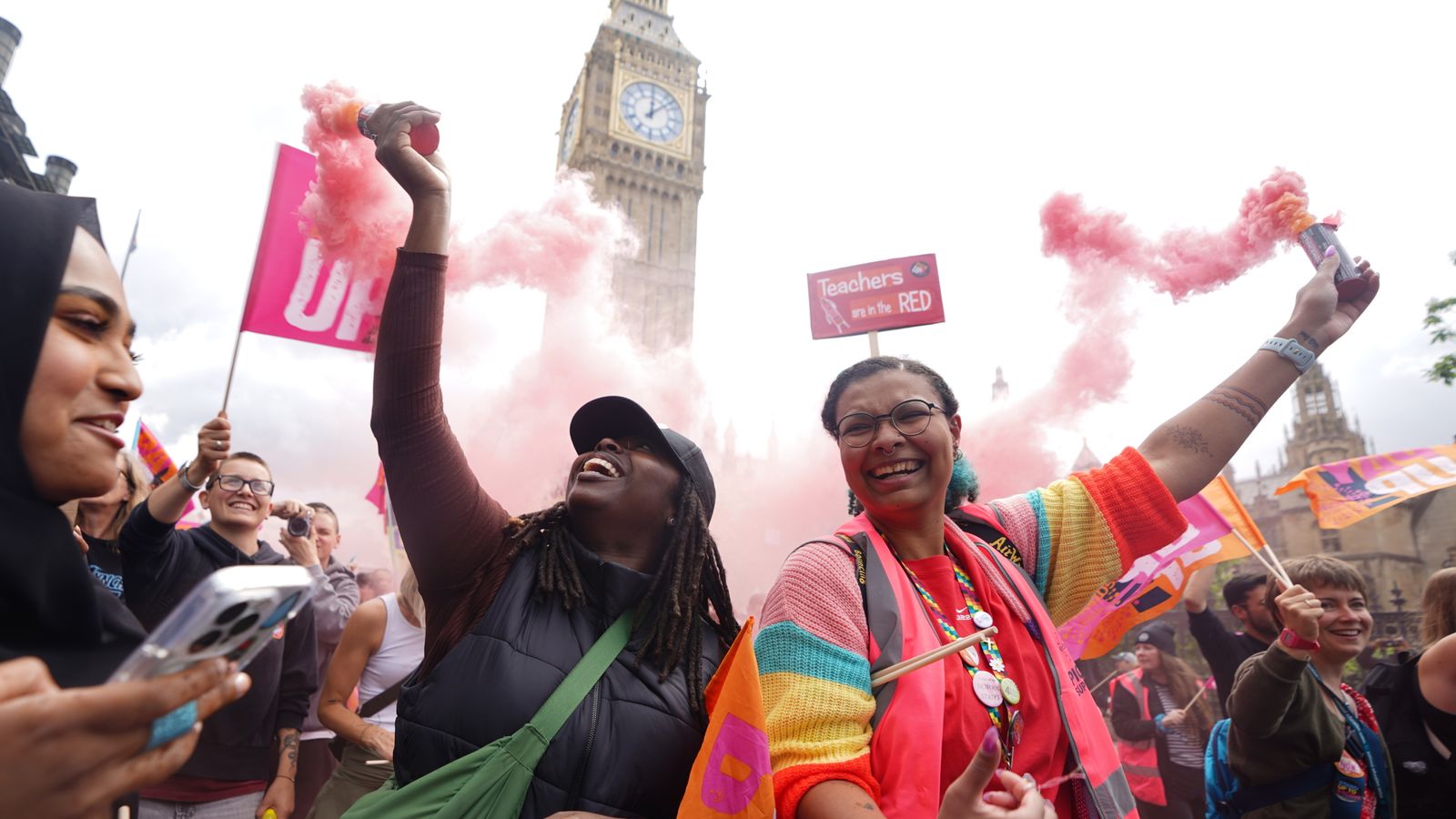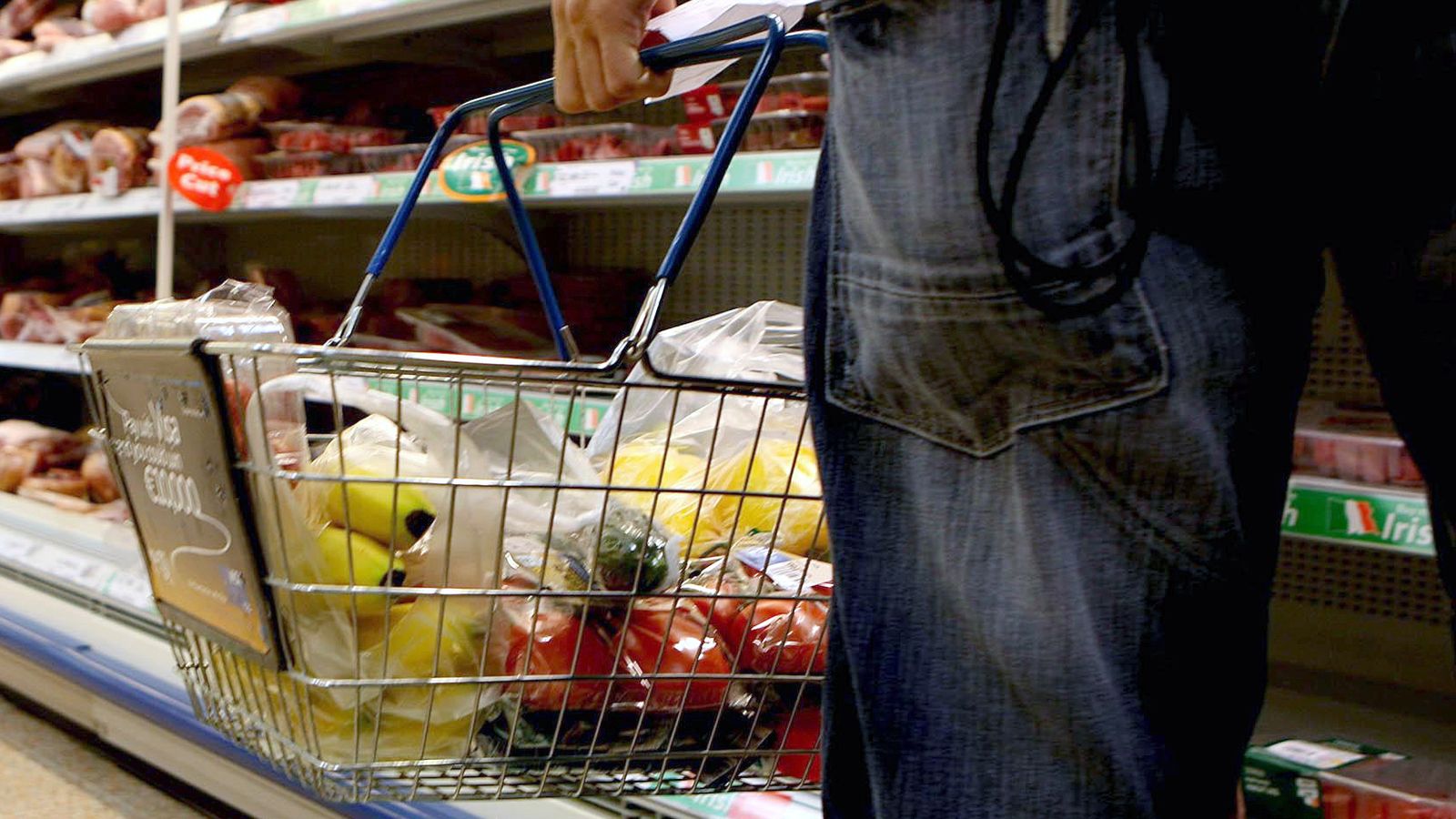Consumer confidence is at an all-time low in light of “acute concerns” about the soaring cost of living and bleak economic outlook, according to new research.
GfK’s Consumer Confidence Barometer, which has run since 1974, provides a monthly snapshot of the public mood on crucial economic issues.
The group’s index decreased by three points in August to minus 44, the lowest level since records began. All five measures – which include confidence in personal finances, general economic outlook, and savings – were down in comparison to the same time last month.
The public’s forecast for the next 12 months is also gloomy, recording a heavy fall in recent months to a new low of minus 60.
“A sense of exasperation about the UK’s economy is the biggest driver of these findings,” said Joe Staton, GfK’s client strategy director.
“Our sub-measure on the general economy over the past year has decreased month-on-month since December 2021 – that’s eight months in a row. These findings point to a sense of capitulation, of financial events moving far beyond the control of ordinary people.
“With headline after headline revealing record inflation eroding household buying power, the strain on the personal finances of many in the UK is alarming. Just making ends meet has become a nightmare and the crisis of confidence will only worsen with the darkening days of autumn and the colder months of winter.”
This lack of confidence is reflected in spending levels.
Retail sales dipped by 0.1% in June 2022, less than experts had expected but continuing a downward trajectory.
Non-food stores, such as clothing and household goods, which slumped by 4.7% and 3.7% respectively, were hit particularly hard, according to data released last month from the Office of National Statistics.
Some had hoped that the Queen’s Platinum Jubilee would give shops a major boost.
‘Storm clouds fast closing in’
“Confidence is low, as consumers are either already struggling with rising costs, or are fearing what’s looming on the horizon,” said Linda Ellett, UK head of consumer markets, retail and leisure at KPMG.
“Those storm clouds are now fast closing in, with higher costs reducing the discretionary spending power of even more households this autumn and winter.
“So far this year, retail sales have somewhat defied the very low levels of consumer confidence. But a widespread reduction in spending ability will lead to drops in demand and changing buying behaviour, both of which will impact the high street and wider economy. The scale of the demand reduction remains unknown.”



